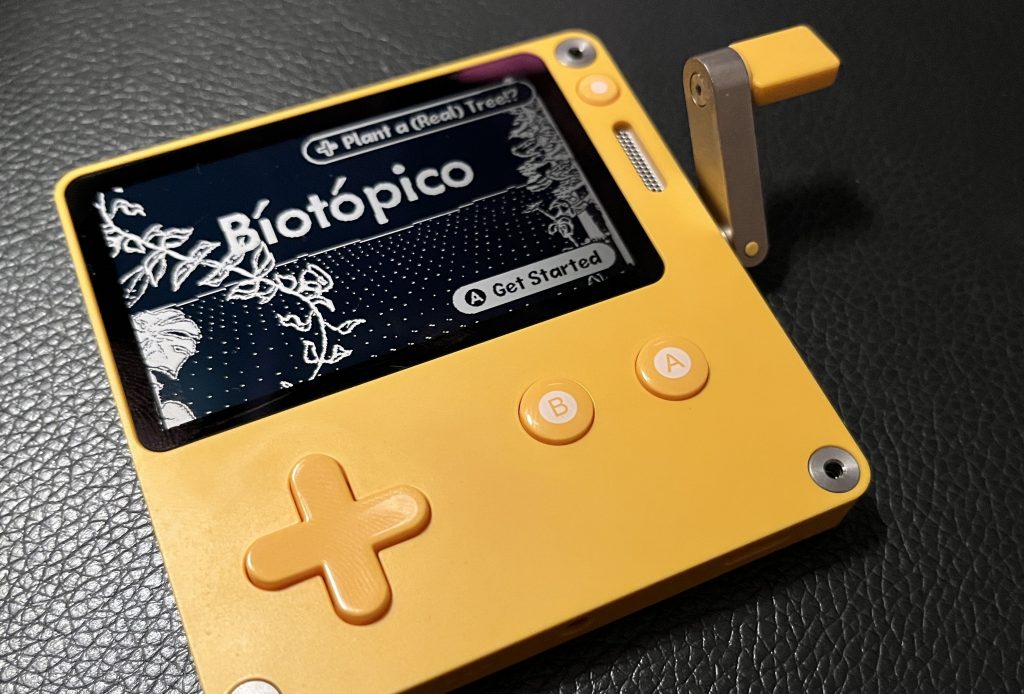Video games could improve your health
Some games have been clinically tested and FDA approved to help with certain ailments like ADHD and depression.

Bíotópico is one of the winners of DeepWell Digital Therapeutics Mental Health Game Jam. The game allows players to practice breathing exercises that result in real trees being planted. Photo credit: Bíotópico/Everyday Lemonade
When most people think of video games, they tend to associate them with poor health, and it’s easy to understand why – they’re sedentary activities that many individuals partake in alone while on the couch. But games have the unique ability to train our brains by providing us with experiences we couldn’t possibly have in life. Not only have games been designed to help with certain ailments like ADHD and depression, but in some cases, they’ve been clinically tested and FDA approved.
Dr. Adam Gazzaley is the co-founder and chief science adviser of Akili Interactive, the studio behind the first FDA-approved treatment for ADHD.
“The underlaying foundation of the idea behind video games being a positive force on improving our brain is not that complicated, but what is complicated is the details,” he says.
“How do you do it in a sophisticated way and then how do you validate it with very careful experimentation to know the outcomes are as you hoped they would be?”
In this conversation, we also talk about some of the winners of DeepWell Digital Therapeutics Mental Health Game Jam, a competition to develop games that discuss or try to improve the user’s mental health. Some of these games include Inner Room by byebyesama, Bíotópico by Everyday Lemonade and Fumble by ComfyDev. We also discuss MindPod, a virtual reality therapy to help victims of traumatic injuries regain mobility or learn to use a prosthetic.
In addition to some of the positive impacts gaming can have on our health, we also talk about some of the negatives. For one, there’s gaming addiction, or “gaming disorder” as defined by the World Health Organization. Some video game developers have even designed games to prey on people with a predilection toward gambling addiction. For example, we talked about how the recently released “Diablo: Immortal” has already passed $100 million in revenue within two months of its release and the absolutely staggering money or time investment that game has demanded of its audience.
Listen: How video games are working to improve — and take advantage of — our health.
Trusted, accurate, up-to-date.
WDET strives to make our journalism accessible to everyone. As a public media institution, we maintain our journalistic integrity through independent support from readers like you. If you value WDET as your source of news, music and conversation, please make a gift today.
